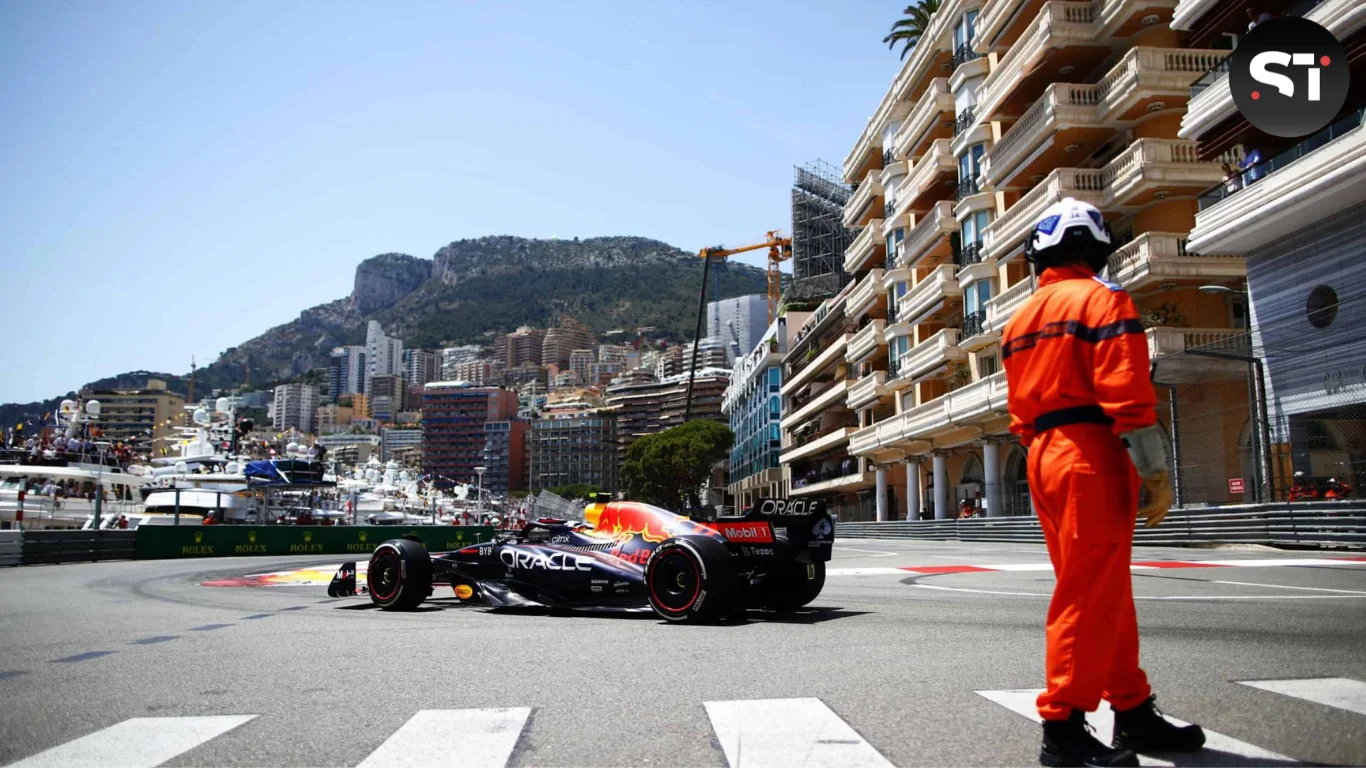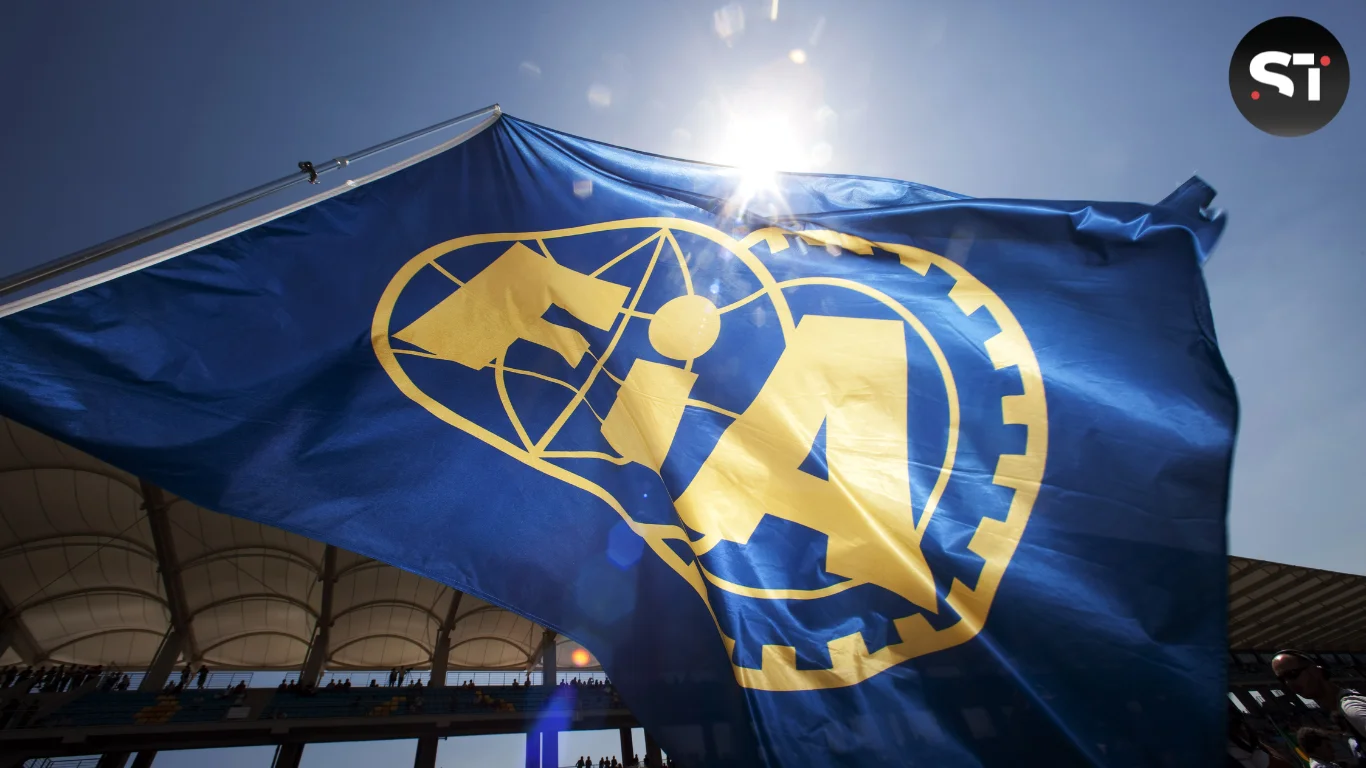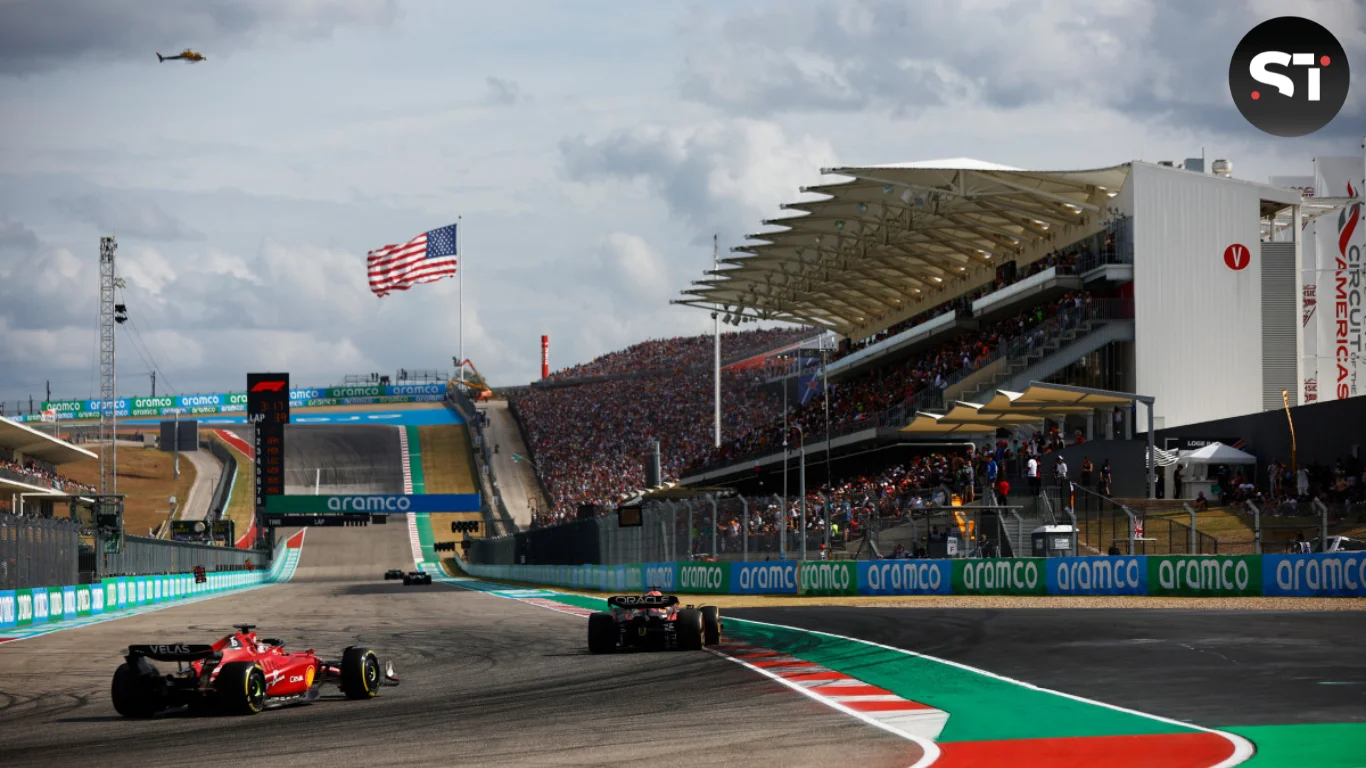Formula 1, often celebrated as the pinnacle of motorsport, is a realm where speed, precision, and strategy coalesce. However, beyond the glitz of high-speed chases and world-class engineering lies a fundamental yet sometimes overlooked element: teamwork. The importance of teamwork in Formula 1 cannot be overstated. It is the cornerstone that supports every driver’s success, every team’s championship bid, and the overall spectacle that captivates millions worldwide.
The Symbiotic Relationship Between Driver and Team
In the fiercely competitive world of Formula 1, the driver is often the face of the team, but behind every successful driver is a formidable team working in perfect harmony. From the engineers who design and build the car to the pit crew responsible for flawless pit stops, teamwork in Formula 1 is a well-oiled machine.
Engineering Excellence
The engineering team is the backbone of any Formula 1 outfit. They spend countless hours designing, testing, and refining the car to ensure it performs at its peak. The collaboration within the engineering team is crucial, as each member brings a unique expertise to the table, whether it’s aerodynamics, power unit management, or chassis development.

Effective communication and mutual respect within the team lead to innovations that can make the difference between victory and defeat.
The Pit Crew: Masters of Precision
During a race, pit stops are moments of high tension and precision. A pit crew’s efficiency can shave valuable seconds off a driver’s time, which can be the difference between winning and losing. Teamwork in Formula 1 is vividly illustrated during these stops, where each member has a specific role, from changing tires to adjusting aerodynamic components.

The seamless coordination and practice that go into perfecting pit stops are a testament to the importance of teamwork.
The Role of Strategy in Team Success
Strategic decisions in Formula 1 are often a collaborative effort, involving the race engineers, strategists, and the driver. The ever-changing conditions of a race require dynamic and adaptive strategies, which can only be developed through effective teamwork.
Communication is Key
Throughout a race, constant communication between the driver and the team is essential. Drivers rely on their engineers for real-time information about tire wear, fuel levels, and rival positions. This information allows the driver to make informed decisions on the track.

Conversely, the team depends on the driver’s feedback to adjust the car’s setup and refine strategies. This symbiotic relationship highlights the importance of teamwork in Formula 1, where every piece of information can influence the outcome of the race.
Data-Driven Decisions
Modern Formula 1 teams utilize advanced data analytics to gain a competitive edge. Teams collect and analyze vast amounts of data from the car’s sensors during practice sessions and races. This data helps teams understand the car’s performance, track conditions, and competitor strategies.

By working together to interpret this data, teams can develop optimal race strategies, decide the best time for pit stops, and choose the right tire compounds. The collaborative effort in data analysis underscores the importance of teamwork in achieving success.
Team Spirit and Motivation
Beyond the technical aspects, the emotional and psychological support within a team plays a critical role. A cohesive team creates an environment where each member feels valued and motivated, leading to better performance on and off the track.
Leadership and Unity
Strong leadership fosters a sense of unity and purpose within a team. Team principals and managers are responsible for creating a positive atmosphere, ensuring clear communication, and resolving conflicts.

When team members feel supported and united, their collective efforts are more effective, highlighting the importance of teamwork in Formula 1.
Celebrating Success and Learning from Failure
In Formula 1, victories and defeats are shared experiences. Celebrating successes together strengthens team bonds and morale. Similarly, when facing setbacks, a strong team will analyze what went wrong and learn from it, emerging stronger.

This resilience is a product of effective teamwork, where the focus is on continuous improvement and collective growth.
The Fans: An Extension of the Team
Formula 1 is unique in that the fans also become an integral part of the team’s journey. Fan engagement and support can significantly impact a team’s morale and performance.
Building a Loyal Fanbase
Teams invest in building strong connections with their fanbase through social media, events, and merchandise. This relationship creates a sense of belonging and community, where fans feel like they are part of the team’s successes and struggles.

The support from fans can be a powerful motivator, driving the team to perform better and maintain a positive image.
The Feedback Loop
Fans also provide valuable feedback that teams can use to improve their engagement strategies. By listening to their supporters, teams can tailor their content and interactions to better meet fan expectations.

This two-way communication enhances the overall experience for both the team and the fans, reinforcing the importance of teamwork in Formula 1.
Case Studies: Teamwork in Action – Mercedes-AMG Petronas Formula One Team
Mercedes’ dominance in the hybrid era of Formula 1 is a prime example of exceptional teamwork. Their success is built on a foundation of engineering excellence, strategic brilliance, and seamless collaboration.

The synergy between drivers, engineers, and the pit crew has led to multiple Constructors’ and Drivers’ Championships, underscoring the importance of teamwork in Formula 1.
Red Bull Racing
Red Bull Racing’s resurgence in recent years showcases how teamwork can turn a team into a championship contender. The collaboration between their talented driver line-up and the technical team, led by the renowned engineer Adrian Newey, has resulted in innovative car designs and strategic victories.

The team’s ability to work together effectively has been crucial in challenging and often overcoming dominant rivals.
Suggested Read: The Prancing Horse: A Legendary Journey Through Ferrari History in F1
Conclusion: The Essence of Teamwork in Formula 1
The importance of teamwork in Formula 1 is a thread that weaves through every aspect of the sport. From the meticulous work of engineers and the split-second precision of pit crews to the strategic acumen of race strategists and the emotional support of fans, teamwork is the glue that binds the sport together. It transforms individual efforts into collective success, making it the driving force behind the thrills and triumphs that define Formula 1.
As we celebrate the extraordinary achievements on the track, it is essential to recognize and appreciate the teamwork that makes it all possible. It is this unwavering commitment to collaboration, unity, and shared purpose that propels Formula 1 to its revered status as the ultimate team sport in the world of motorsport.







[…] Suggested Read: The Importance of Teamwork in Formula 1 […]